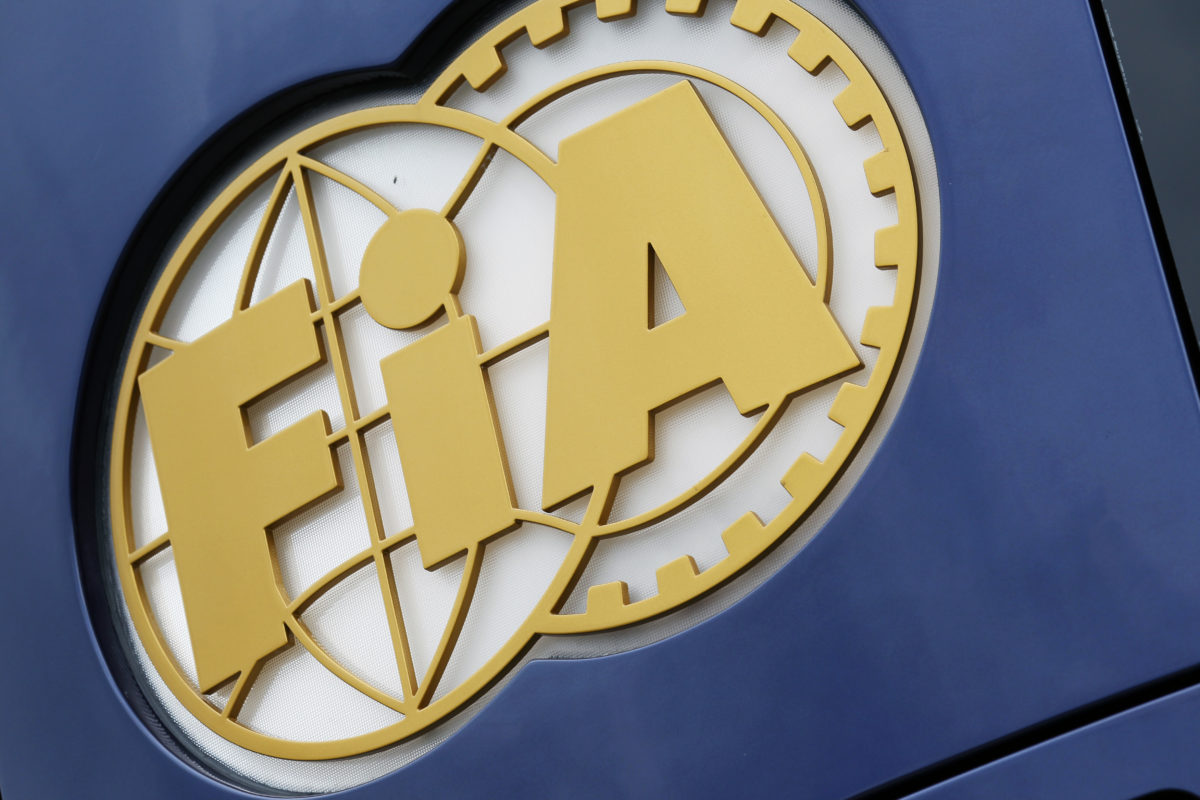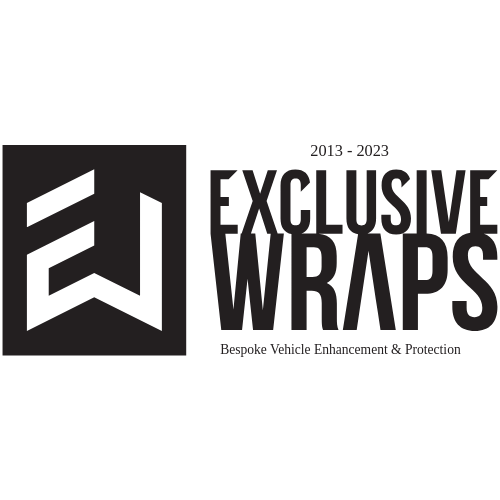
The FIA has clarified its controversial position that previously denied F1 drivers freedom of speech during a grand prix weekend.
Motorsport’s governing body updated its International Sporting Code in December to prevent drivers from making political, religious or personal statements or comments without written authorisation.
It has since sparked a furore, with all drivers when asked of late condemning the move and questioning the FIA’s logic.
Seven-time F1 champion Lewis Hamilton, who has become a leading social advocate over the years in speaking out on topics such as diversity and inclusivity, said he would continue to speak his mind.
McLaren driver Lando Norris said he was prepared to be fined by the FIA in order to continue to express his views.
Given the uproar, the FIA is now permitting drivers to continue to air their views, in certain circumstances.
FIA outlines when drivers can speak freely
An FIA document entitled ‘Guidance on the Principle of Neutrality’, reads: “Participants can express their views on any political, religious or personal matter before, during and after the International Competition, in their own space, and outside the scope of the International Competition.”
The examples are “through their social media; or during interviews with accredited media (such as any TV or print media interviews, and during the FIA press conference, only in response to direct questions from accredited journalists.
“In addition, on an exceptional and case-by-case basis, the FIA may authorise a participant to make a statement at an International Competition that would otherwise be prohibited by Article 12.2.1.n (the ISC ruling).
“When expressing their views, participants are expected to respect applicable laws, the FIA’s values, and all other participants.
“Any behaviour and/or expression that constitutes or signals discrimination, hatred, hostility, or the potential for violence is contrary to the FIA’s values and will not be tolerated.”
Drivers are not allowed to air their views “during FIA press conferences (except in response to direct questions from accredited journalists); activities on the track area or equivalent (e.g. during the drivers’ parade and the national anthem); or pre-race/post-race procedures or equivalent (e.g. the podium ceremony, in the cool-down room, or at the start- and end-of-season group photos).
FIA details what constitutes a breach
The FIA has provided an illustrative list of examples as to what constitutes a breach of the ISC regulation.
Political
i) Any politically-associated or politically-sensitive person(s) living or dead (unless part of the official competition name).
ii) Any local, regional, national, or international political party/organisation/group.
iii) Any local, regional, or national government or any of its departments, offices or functions.
iv) Any function or branch of government (e.g. any statement or comment regarding the police or military).
v) Any reference (whether expressed or implied) to separatist movements (e.g. the display of a flag or symbol associated with an independence movement).
vi) Any organisation whose aims or actions: (i) conflict with the FIA’s values or diversity and inclusion mission; and/or (ii) include hostility, prejudice, or unlawful discrimination on the grounds set out in Article 1.2 of the FIA Statutes.
vii) Any reference to any totalitarian regime that justified mass killing (e.g. pro-Nazi chants).
viii) Any specific political act/event.
ix) Any military conflict or political dispute between nations, regions, religions, or communities.
x) Any specific ethnic or indigenous communities, or perceived discrimination by one community against another.
Religious
i) A religion, spiritual practice, or related significant figure, except as indicated below.
ii) Anything critical of or hostile to others’ religious or spiritual beliefs.
A note adds that “private, non-proselytising religious gestures, such as pointing to the sky or crossing oneself, shall not be considered prohibited religious statements.
“Article 12.2.1.n will not be used to sanction individuals who display religious symbols or wear prescribed religious clothing/ornaments, unless they include prohibited statements or comments of the kind mentioned above.
Personal
i) Any circumstance personal to the participant. Competitors must not use events as a platform to share personal statements of any kind in violation of the general principle of neutrality.
Seeking approval and punishments
Should a driver wish to make a statement or comment that contravenes the aforementioned guidelines, then he/she must submit a written request to the FIA, providing reason(s) why such permission should be granted.
Any request must be received at least four weeks before the event concerned, with any late requests only considered by the FIA on an exceptional basis.
Drivers have been advised that if approval is granted then it shall only last for the duration of a specified race/event, after which it will automatically expire.
There is also no right of appeal against the FIA’s decision to approve or reject a request.
Participants seeking to make a statement or comment at a national competition have been advised to seek permission from their relevant national sporting authority.
Should a breach occur, then the stewards at an event at which there was an infringement have a range of penalties at their disposal, from a fine to suspension or exclusion from a championship.




















Discussion about this post